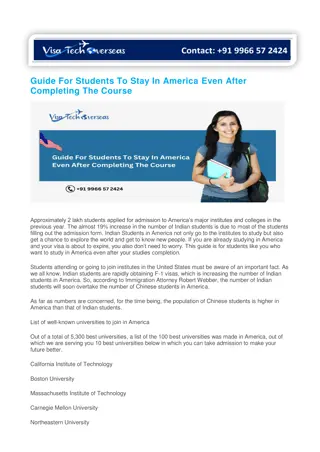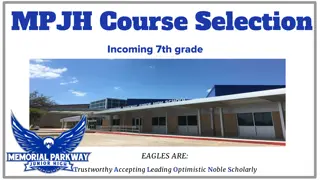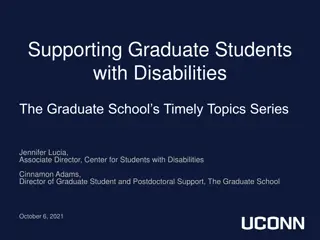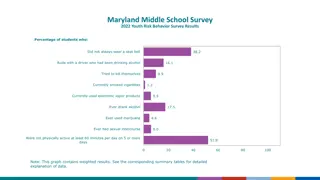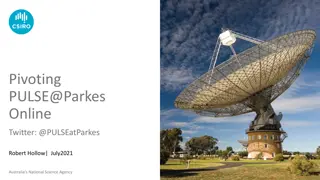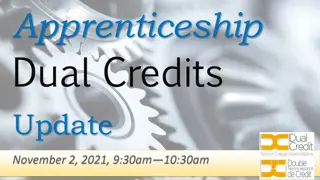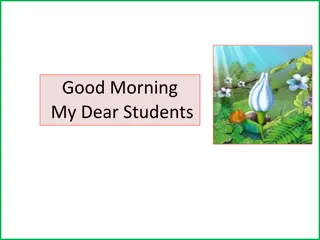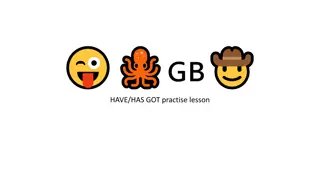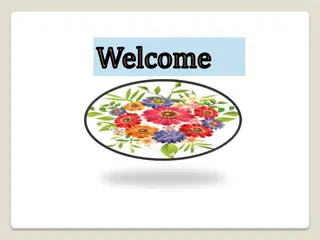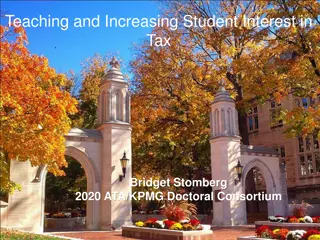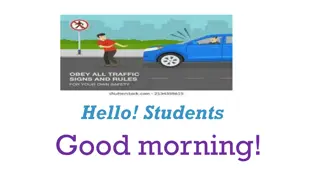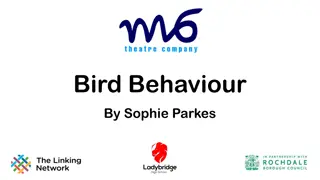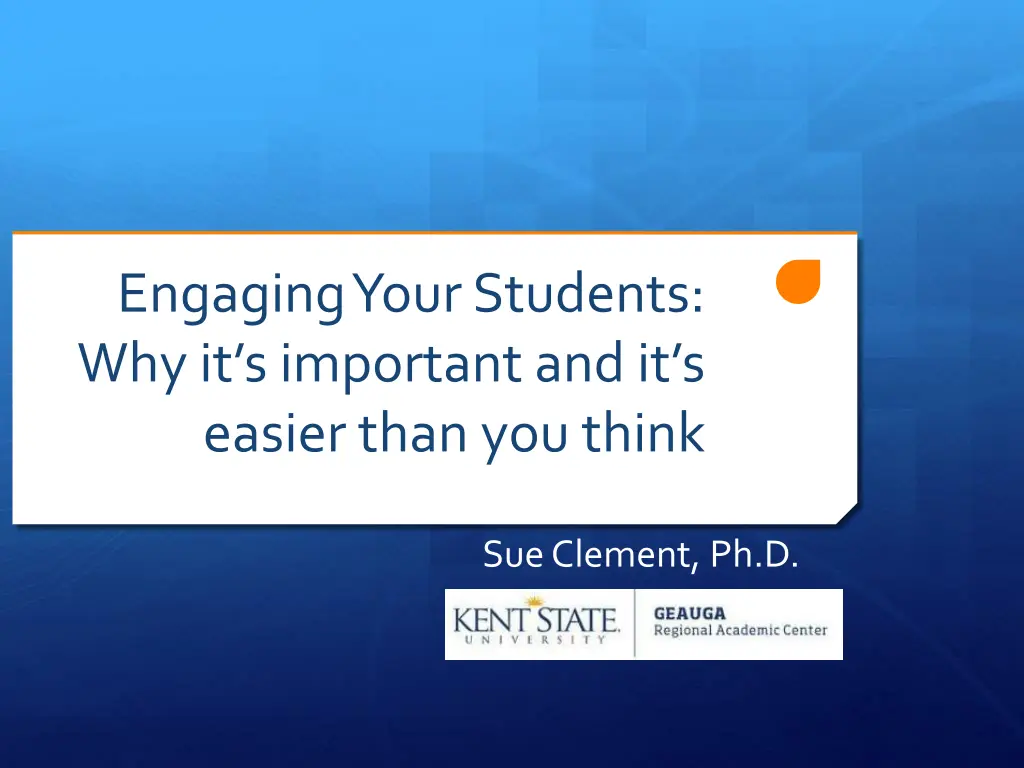
Engage Your Students Easily with These Expert Tips
Discover the importance of engaging students in the learning process and how it can be simpler than you think. Learn from experts in the field and explore creating a natural critical learning environment. Practical examples like conducting experiments can make teaching more interactive and effective.
Download Presentation

Please find below an Image/Link to download the presentation.
The content on the website is provided AS IS for your information and personal use only. It may not be sold, licensed, or shared on other websites without obtaining consent from the author. If you encounter any issues during the download, it is possible that the publisher has removed the file from their server.
You are allowed to download the files provided on this website for personal or commercial use, subject to the condition that they are used lawfully. All files are the property of their respective owners.
The content on the website is provided AS IS for your information and personal use only. It may not be sold, licensed, or shared on other websites without obtaining consent from the author.
E N D
Presentation Transcript
Engaging Your Students: Why it s important and it s easier than you think Sue Clement, Ph.D.
Does this look familiar? Ben Stein from Ferris Beuller sDay Off , 1986
Center for Teaching and Learning at Kent Campus https://www.kent.edu/ctl 2014 Teaching Scholars Dr. Ken Bain, What Do The Best College Teachers Do Dr. Stephen Brookfield, Becoming a Critically Reflective Teacher? Lily Teaching Conferences Miami of Ohio November 17th 20th, 2016
What the Best College Teachers Do Dr. Ken Bain, associate provost and professor of History 15 year extensive study of nearly 100 college teacher published in 2004 Summarizes the key elements of successful college teaching using stories and examples. We found no great teachers who relied solely on lectures -- not even highly gifted ones -- but we did find people whose lectures were highly interactive and helped students learn because they raised questions and won students' attention to those issues. Create a natural critical environment
What is a natural critical learning environment? They are trying to solve problems (intellectual, physical, artistic, practical, abstract, etc.) or create something new that they find intriguing, beautiful, and/or important; They are able to do so in a challenging yet supportive environment in which they can feel a sense of control over their own education; They can work collaboratively with other learners to grapple with the problem; They believe that their work will be considered fairly and honestly; and They can try, fail, and receive feedback from expert learners in advance of and separate from any summative judgment of their efforts. http://www.bestteachersinstitute.org/id24.html
Heres some Example from courses: Let s Do An Experiment Objective: Predict the behavior of water in the tank Water is placed into a same transparent tank Hot water Cold water Cold Salt water Record your predictions for each experiment conditions. We will then test your predictions
Seawater Density Experiment Please draft a simple statement that explains our observations:
Hardness: the Ability to Resist Scratching Moh s Hardness Scale Reference set a minerals with known hardness These can be used to determine the relative hardness of an unknown mineral We also use these everyday items in the field to help Let s see how this is done
Stephen Brookfields Critical Incident Questionnaire Take about 5 minutes to respond to question below about class today. Don't put your name on the form. Your responses are to be anonymous! If nothing comes to mind, just leave the question blank. I will share the responses during our next class meeting. Your input will help me make improvements to the class. 1. At what moment in the class did you feel the most engaged with what was happening? 1. At what moment did you feel the most distant from what was happening? 1. What action by the faculty member or a student did you find to be helpful and affirming? 1. What action by the faculty member or another student did you find to be puzzling or confusing? 1. What about today s class surprised you the most? (This could be your own reactions or something that someone else did). Modified from Brookfield (http://www.stephenbrookfield.com/ciq/)
Take Home Message Static lectures have been proven NOT to be the most efficient means to promote student learning The more exposure to the material in different setting the more it promote deep learning Critical Reflection can lead to better understanding of how students experience your class.


